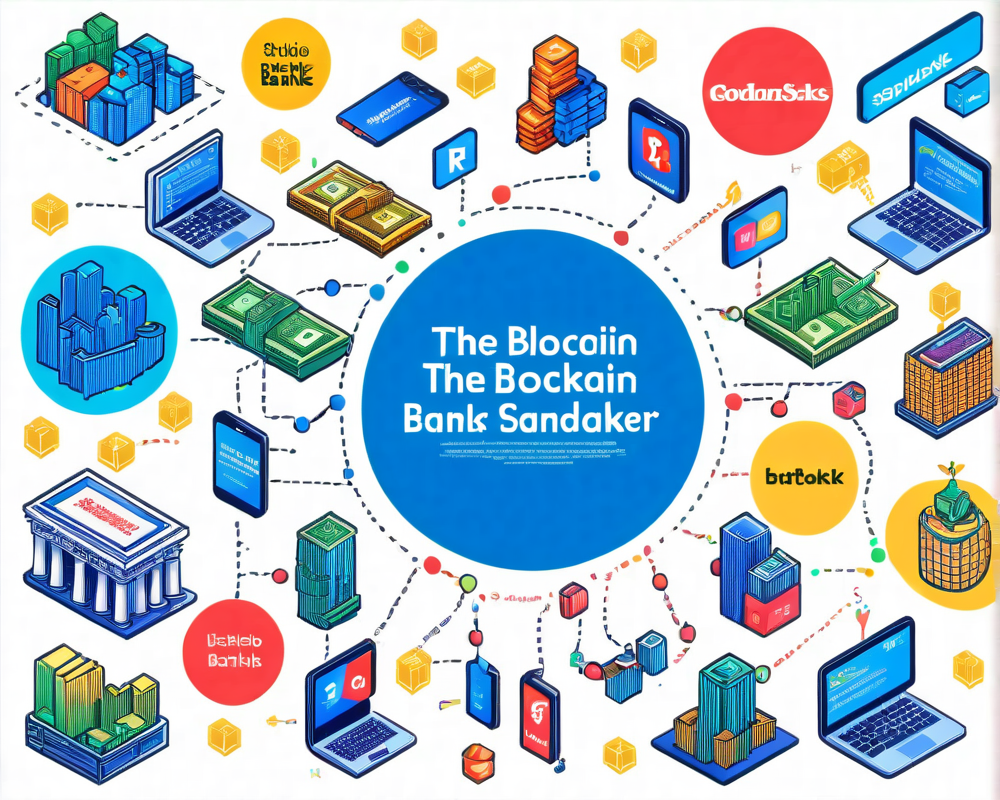Financial Institutions Make a Dramatic Exit
In a surprising turn of events, heavyweight banks Goldman Sachs and Banco Santander have decided to part ways with the R3 Consortium. The reasons are as murky as a blockchain ledger in a blackout. While insiders speculate about potential patent squabbles, the love story between these financial giants and R3 has seemingly hit a bump in the road.
Competition: More Intense Than a Game of Chess
The race to harness blockchain technology is heating up faster than a jalapeño pepper in July. Banks are scrambling to cut costs and boost efficiency, and yes, they’re tired of the decades-old systems that move at a snail’s pace. R3 initially created Corda, a platform meant to unify banks under a single umbrella of innovation. But alas, in a shocking twist, it appears that instead of unifying, banks are forging their own paths—and that’s more dramatic than a daytime soap opera.
The Rise of Solo Blockchain Projects
Despite leaving R3, Goldman Sachs hasn’t thrown in the towel on blockchain technology. They’re now investing their money into developing their own version of distributed ledger technology. Paul Walker, Goldman’s global co-head of technology, believes blockchain will revolutionize the way financial institutions transact globally. Talk about going rogue!
Who’s Got the Control?
Now, you may be wondering why these banking behemoths are suddenly going their separate ways. The swirling rumors suggest a power play over control within the consortium. R3 was looking for a whopping $200 million in funding but only wanted to give away 10% of the firm’s equity. It’s like hosting a potluck and keeping all the best dishes to yourself. Goldman seemed to think the stakes were too low for their taste.
The Bigger Picture: Innovation vs. Competition
The concept of competition in a network-based world is trickier than it looks. With multiple banks backing their own blockchain solutions and dashing to patent their respective technologies, the likelihood of uncooperative “islands” arises. James Carlyle, R3’s chief engineer, drives the point home: “We don’t want a world where everyone creates their own islands that can’t talk to each other.” Makes sense, right? Otherwise, we’d simply end up with a lost communication system resembling a poorly organized dinner party.
The Future is Uncertain
With the blockchain battlefield looking more like a Hollywood blockbuster than a corporate partnership, the future is anyone’s guess. The appetite for innovation mixed with the risk of financial loss has these institutions eyeing one another suspiciously, like wary cats in a roomful of laser pointers. What happens next is yet to unfold, but as the stakes rise, the potential for innovation may catch fire—or fizzle out. Either way, keep an eye on this evolving drama in the blockchain industry.




